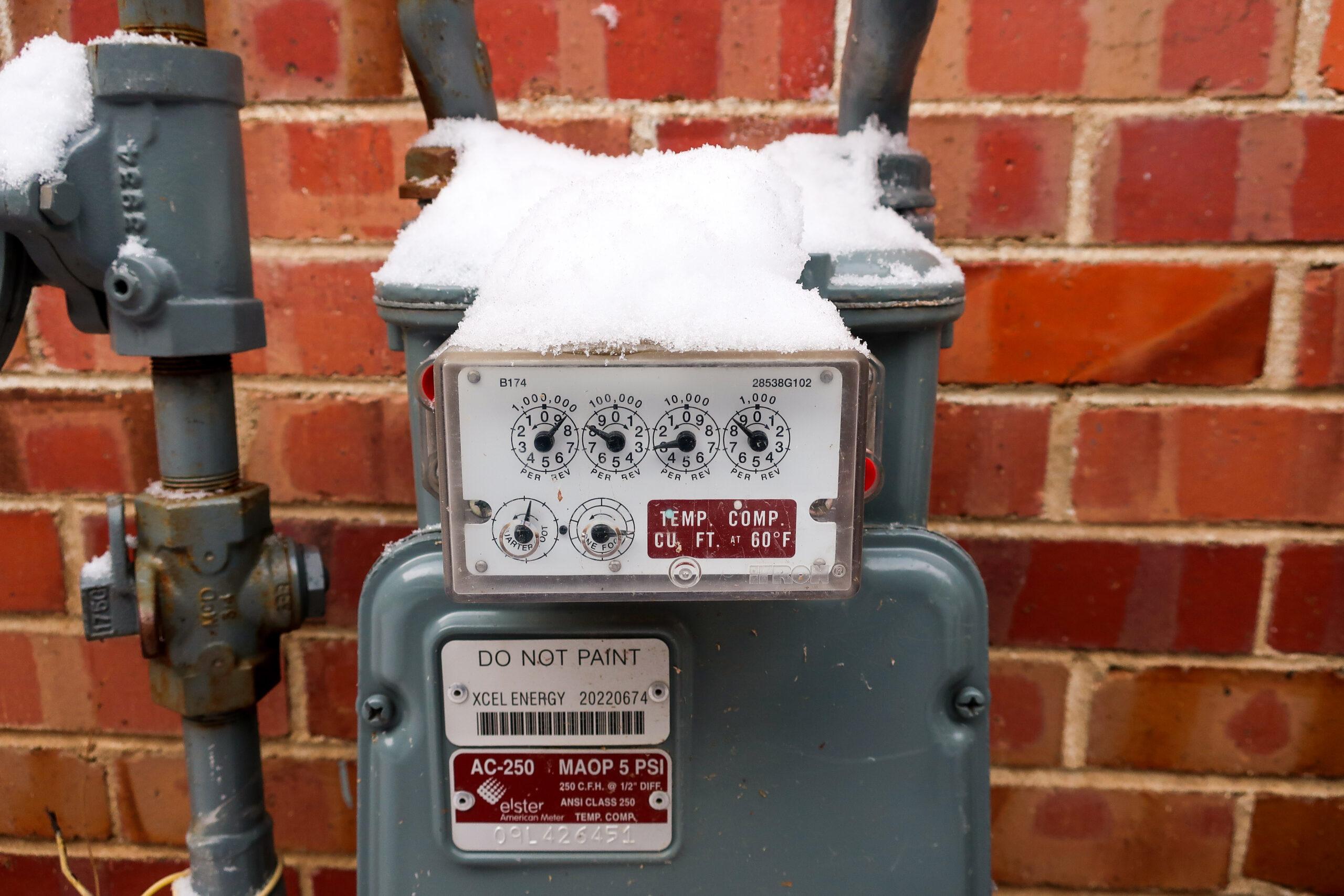
After a perfect storm of factors drove up Colorado energy bills last winter, households can expect some relief as temperatures drop across the state.
Xcel Energy, Colorado's largest gas and power provider, predicts monthly natural gas bills should be about 35 percent lower from October through December compared to the same months in 2022. That's a drop from $130.90 per month for the average household in 2022, compared to $85.62 per month this year.
The utility credits the decrease to lower wholesale natural gas prices, which allowed state regulators to approve a gas cost adjustment of $4.71 per dekatherm — the unit used to measure energy from a specific volume of natural gas — that is more than 50 percent lower than the $10.09 per dekatherm adjustment in effect in 2022.
The utility’s forecast fits with predictions from the federal government. In an outlook released earlier in October, the U.S. Energy Information Administration forecasted the average household in the Western U.S. should pay about $590 for natural gas over the coming winter, a 30 percent drop over the previous year. Warmer weather and higher-than-average fuel stockpiles are driving the decrease, federal analysts said.
Meanwhile, a smaller number of homes across the West heated with electricity should expect a nine percent drop in monthly costs, according to the federal report. Under the seasonal adjustment for electricity, Xcel Energy predicts the average household’s electricity bill should drop by 34 cents per month compared to 2022.
Federal data show more than two-thirds of Colorado homes rely on natural gas for home heat. Due to the rapid price increase in 2022, many residents reported their monthly bills doubled or even tripled last year.
That spike led to broad outrage from ratepayers. The state legislature responded by launching an investigative committee to study the factors driving the surging customer costs. It found the increase could be mostly due to higher wholesale natural gas prices, but rising base rates to pay for infrastructure projects and company profits also played a significant role.
In response, Gov. Jared Polis signed legislation to ban utilities from charging customers for costs like lobbying and advertising. The law also requires energy providers to develop new plans to guard against future spikes in natural gas commodity prices.
What’s less clear is if the overall price cut will be enough for residents still struggling to pay off last year’s utility bills. As of spring 2022, the average debt across households served by Xcel Energy had risen to $550, according to numbers reported to state utility regulators.
Recent requests for energy assistance suggest many households are still struggling to catch up, said Denise Stepto, a spokesperson for Energy Outreach Colorado. The nonprofit provides year-round assistance to supplement the federally-funded Low-Income Energy Assistance Program, which is only open to applicants from November through April 2024.
Seven hundred and ninety residents called Energy Outreach Colorado to request assistance in the last week of September, Stepto said. That’s about 32 percent more than the same week a year ago, which Stepto said suggests some families could be trying to get in good standing with their utility companies before energy bills rise this winter.
“Natural gas will not be as high as last year, thank god,” Stepto said. “That still doesn't take it back to what people are used to. It's still going to be hard.”









